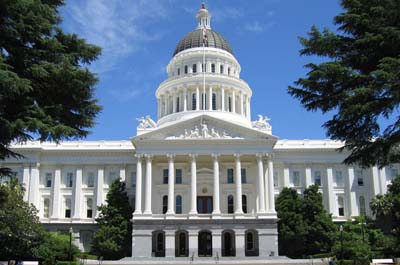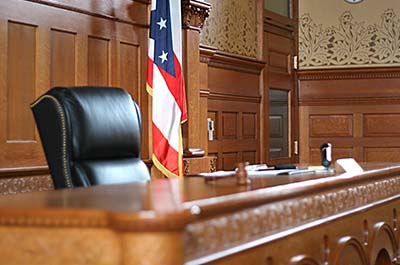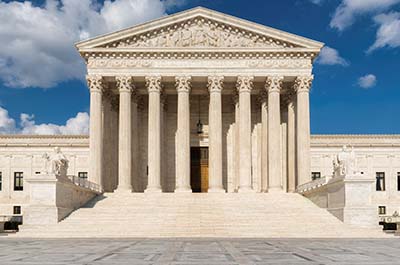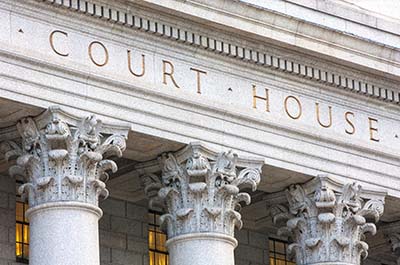The recent opinion of the Ninth Circuit Court of Appeals in Paul G. v. Monterey Peninsula Unified School District clarifies that dismissal or settlement of a special education due process hearing inadvance of a hearing and final administrative decision from the Office of Administrative Hearings (OAH), does not satisfy the requirement that a plaintiff exhaust administrative remedies under
As part of an uptick of cases in recent years regarding school impact fees, two recent cases argued by Lozano Smith on behalf of school districts have been decided by the California Sixth District Court of Appeal, with mixed results.
As part of an uptick of cases in recent years regarding school impact fees, two recent cases argued by Lozano Smith on behalf of school districts have been decided by the California Sixth District Court of Appeal, with mixed results.
In American Legion, et al. v. American Humanist Association, et al., the United States Supreme Court, by split decision, ruled that a World War I memorial in Prince George's County, Maryland, consisting of a cross, did not violate the Establishment Clause of the First Amendment of the United States Constitution, which prohibits the government from establishing an official religion or favo
In D.Z v. Los Angeles Unified School District, the California Court of Appeal clarified that California laws governing the evidence offered at trial require that courts use a two-step inquiry for all such evidence: First, determine the relevance of the evidence, and second, determine whether the court should exercise its discretion to exclude such evidence.
Sometimes public entities stumble despite their best efforts to dutifully comply with the Brown Act. Fortunately, the Brown Act allows these entities to fix certain violations by identifying the problem and promising never to do it again.
A Civic Center Act provision that allocates liability between a school district and the users of school facilities means what it says, according to a recent decision by the California Court of Appeal.
Cease and desist letters alleging copyright infringement for the unauthorized use of digital photos-along with demands for settlement payments ranging from hundreds to tens of thousands of dollars-are being sent to public agencies.
A California appellate court has ruled that lay public opinions on nontechnical issues concerning a project's size and general appearance can provide substantial evidence of environmental impact, triggering the need to prepare an environmental impact report (EIR) under the California Environmental Quality Act (CEQA).








